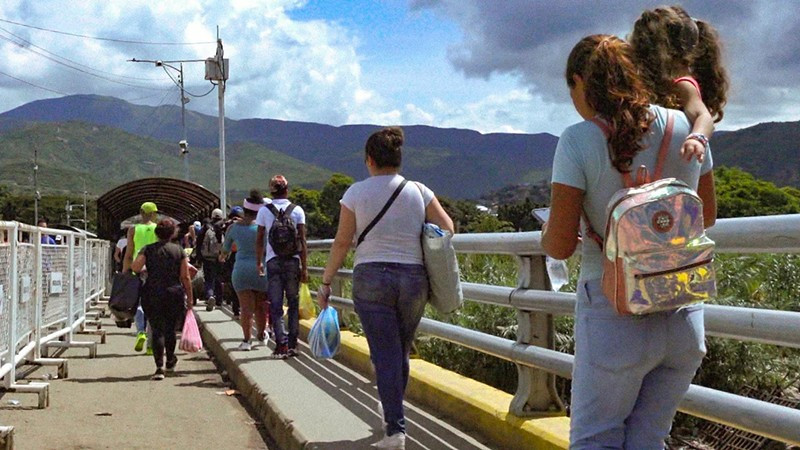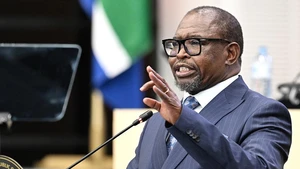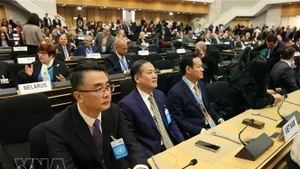According to the WB, when managed properly, migrants can become a powerful force, promoting prosperity and development in the countries of origin and destination alike.
The WB’s World Development Report 2023: Migrants, Refugees and Societies indicated that the world's wealthier countries, as well as an increasing number of middle-income countries, are facing a demographic crisis and are dwindling and caught up in the competition to attract the workforce. Meanwhile, in most low-income countries, populations are expected to continue to grow, putting additional pressure on job creation for young people entering working age.
In the coming decades, the proportion of adults of working age is projected to decline sharply in many countries. According to the WB, Spain's labour force is likely to shrink by more than a third by 2100, with the proportion of the population over the age of 65 to increase from 20% to 39%. Other countries such as Mexico, Thailand, Tunisia, and Turkey may also soon need more foreign workers as their populations are no longer growing.
The WB’s World Development Report 2023: Migrants, Refugees and Societies indicated that the world's wealthier countries, as well as an increasing number of middle-income countries, are facing a demographic crisis and are dwindling and caught up in the competition to attract the workforce.
In addition to demographic change, the factors driving increased migration have also become more diverse and complicated. According to WB data, the global number of refugees has almost tripled in the past decade alone. Climate change is one of the most visible factors causing more people to migrate today. About 3.5 billion people, or 40% of the world's population, live in regions affected by climate change.
Experts assessed that current approaches not only do not maximise the development benefits from migrants' potential and on the contrary, even create a series of challenges for those who decide to leave their homeland to find new life. About 184 million people, or 2.5% of the world's population, live in countries where they do not have citizenship. Of this figure, 43% are migrants living in low and middle-income countries.
In the last two weeks of April, the Tunisian coast guard recovered more than 200 bodies of migrants. Tunisia is just one of countless hotspots on the perilous journey that migrants have to make to flee violence and poverty.
Tunisia has long been a gathering place and transit point for migrants from conflict-torn countries in Africa and the Middle East, making their way to Europe via the Mediterranean. Many tragic drownings and disappearances have occurred over the years. In the first three months of 2023, the Tunisian Coast Guard intercepted more than 14,000 migrants trying to reach Europe, a fivefold increase from the same period in 2022.
Experts highlight the role of international cooperation in making migrants a powerful force for development.
According to WB data, the global number of refugees has almost tripled in the past decade alone.
Accordingly, countries of origin should view migrants as a clearer driver of development strategies, equipping their citizens with skills that are in high demand globally so they can find better jobs, strengthen protection work when citizens are abroad and support when they decide to return...
Destination countries need to ensure access to social security services for immigrants and create conditions for them to participate more deeply in their host society.
Tunisian and European authorities are actively working together to address the root causes of migration and more effectively manage the flow of migrants.
Tunisian Foreign Minister Nabil Ammar emphasised the need to address migration in a global approach, based on ensuring a balance between socio-economic development and the promotion of legal migration channels, together with the prevention of human trafficking and illegal migration.
European Union (EU) officials also reaffirmed their commitment to tackling illegal migration by promoting vocational training and employment opportunities as well as strengthening joint efforts to combat human trafficking and illegal migration.
















